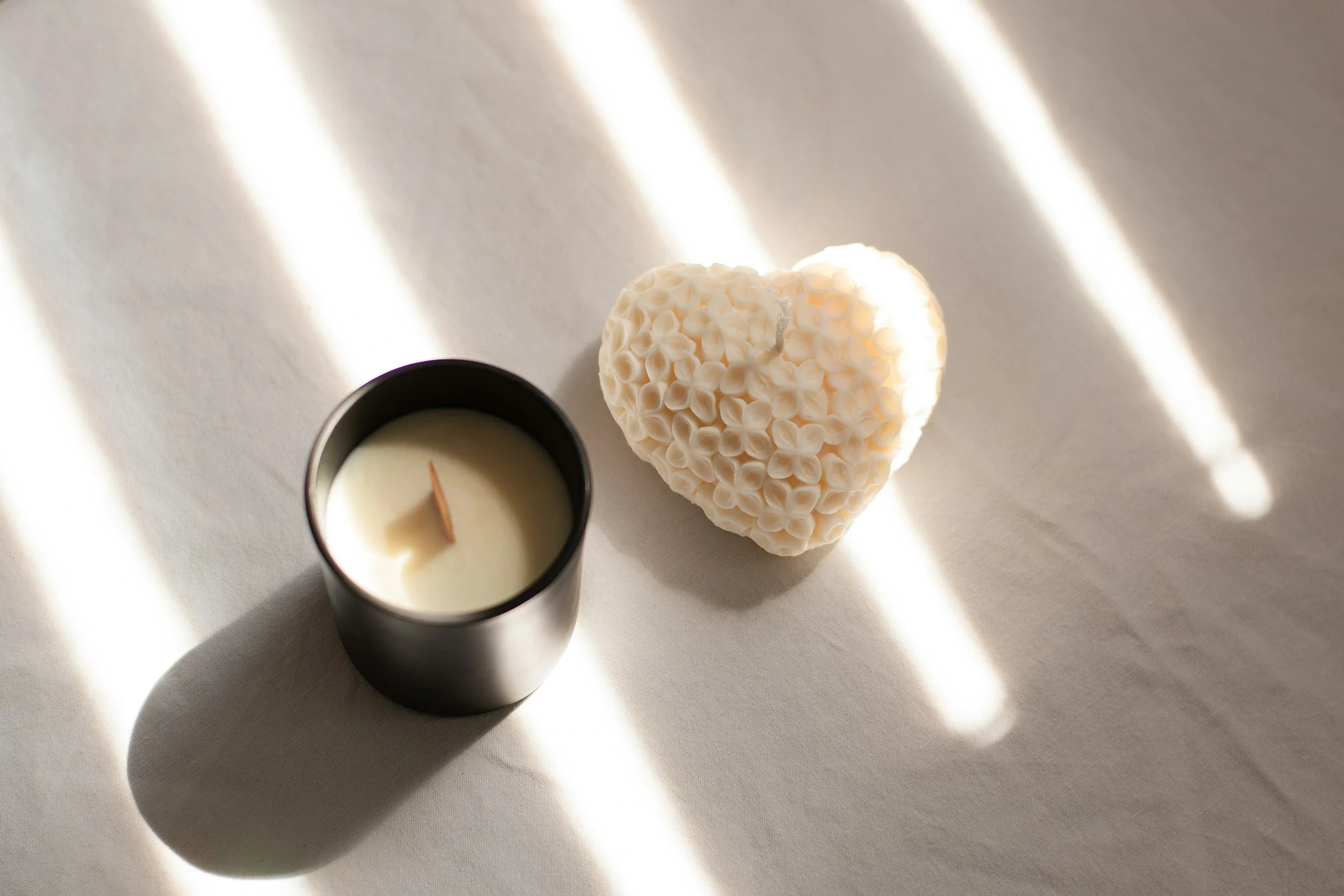When a Client Dies: The Quiet Grief of Therapists
A few weeks ago, I lost a client. Even as I type those words, I feel the ache of them and the grief for their family.
In this work, we often speak of holding space for others, of walking alongside people in their most vulnerable moments. But what we rarely speak about and aren’t trained for is what happens when one of those people dies.
There’s no handbook for this kind of grief. It almost feels like it’s not allowed or off limits. As therapists, we form sacred connections with our clients. We witness their stories, hold their secrets, champion their healing. We’re present for the courage it takes to show up session after session, especially when life is heavy or messy.
And when that life is gone, we grieve, not as family or close friends, but in a way that is just as real. Yet, it’s a grief with no obvious place to land. There’s no formal process, no memorial we’re always invited to, no place in the obituary where our relationship is named. And so, often quietly, we mourn alone.
I’ve seen a few therapy Facebook groups brush over the topic, but what happens more often is a debate about confidentiality. That may be helpful, but mostly it’s not. While some may validate feelings, the instant warning of confidentiality reminds therapists that this grief can be controversial to some.
We might question whether our emotions are “appropriate” or fear we’re stepping outside professional boundaries if we feel too deeply. But the truth is—we’re human. And this work is deeply human. Sometimes the grief comes with other emotions too like shock, sadness, and even guilt.
Several years ago, I learned of a former client being murdered. I was deeply saddened and angry and yet I was expected to be present and there for my team and my family; to be normal because it was a normal day for them. I had some hard days where I didn’t feel understood. Who could understand? The hope I had for that young life was snuffed out and I had once been his therapist. I had seen him differently than anyone else, because my role was different. I learned, I would need to grieve differently.
It’s not uncommon to wonder, Did I miss something? Could I have done more? These are questions that ache in the background, even when we rationally know we did the best we could with what we had. Sometimes there are no answers, just the ache of someone gone too soon.
I lit a candle the night I found out about that young person all those years ago. I said their name out loud into the empty room. I whispered a blessing, and I allowed myself to cry, not just for their pain, but for the hope that was no longer. This recent client death was different. Their story was one of challenge mixed in with a beautiful longer life. It was an honor to walk this last part of their life with them. The family reached out to me to tell me how much therapy had helped them at the end. I felt validation mixed with shock, sadness and grief. I donated a tree in honor of this client because that’s just me. I had to do something to honor that connection.
To my fellow therapists who have felt this quiet grief: You are not alone. It is okay to feel deeply. It is okay to miss them. It is okay to grieve. This work asks so much of us, our presence, our attention, our hearts. And sometimes, it asks us to carry loss, too.
May we give ourselves the same gentleness, compassion, and care that we offer so freely to others.
August 2025


